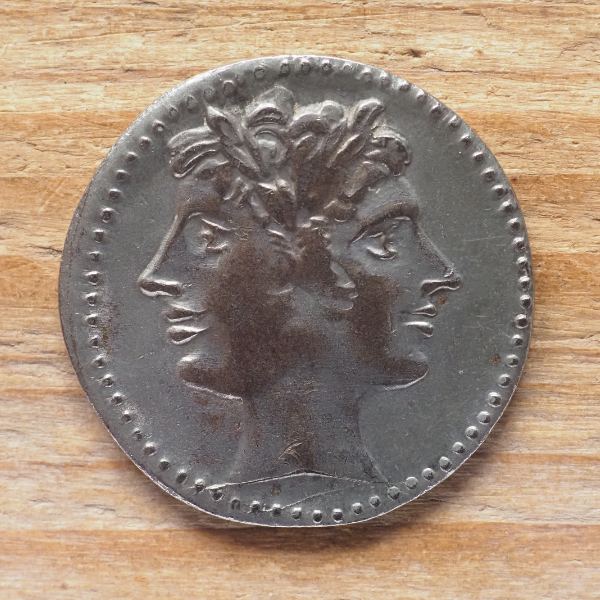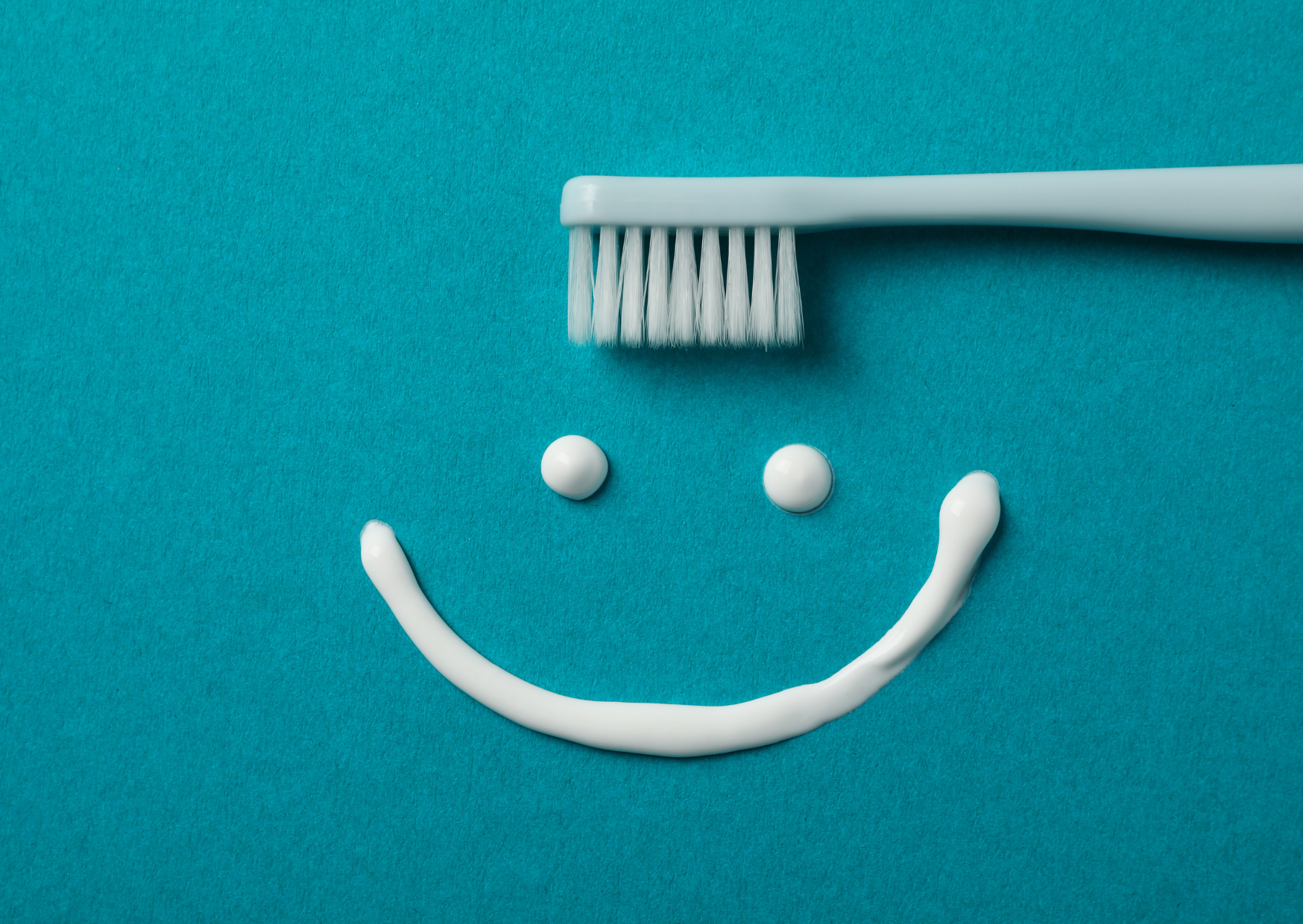Where do New Year’s resolutions come from?

New Year’s resolutions are a strange concept. 1 January is just another day, yet it inspires many of us to start something new (or give up something old).
The tradition itself pre-dates the existence of the 1 January. Thousands of years BC festivals took place in what is now Springtime before the new farming season. People made resolutions to repay debts, return farming equipment and plant crops. In Roman times, resolutions of sacrifices or promises of good behaviour were made to the Roman God Janus. The month of January is named after Janus, who is known as the God of new beginnings.
Today whilst most of us commit our resolutions to ourselves the nature of them is very similar. We resolve to give something up that we believe to be bad for us or take something up that we believe will be good for us. Even though rationally we all know that 1 January is just another date in the calendar, there remains a strong sense of renewal as we wake on New Year’s Day that motivates us to make a change.
History, tradition, and the sound of Auld Lang Syne is enough to inspire us to make resolutions. But is it enough to make them stick?
How do we keep them?
Resolutions are far easier to make than to keep. The gyms are jam packed in January with a steady decline through February and back to normal by March. That pretty much sums up how resolutions go for most of us.
What makes a resolution stick? This is where brushing your teeth comes in. We all brush our teeth religiously at least twice a day. What can we learn from this process that would help us to set and keep our New Year’s resolutions?
#1 Purpose – Start with your Why

We all want to keep our teeth and so we find the time to look after them. Resolutions are no different, to have a chance at surviving a resolution needs a strong ‘Why’. This is the core of the resolution. Finding the time to really consider and reflect on the purpose of your resolution will ensure that you are fully invested. It is something you can come back to if you ever feel a sense of wavering. One of the reasons this is often neglected is the haste after Christmas as the New Year sets in to commit to resolutions from 1 January. Traditionally though, January was the month of new beginnings and so taking time in early January to get the resolutions (or goals) right is a worthwhile investment.
A compass always points North, make your purpose your North
#2 Realistic – Start small an build up
Most of us spend between 5 – 10 minutes a day devoted to keeping our teeth clean (perhaps a bit more for those of us diligent enough to listen to what our dentist or Baz Luhrmann’s sunscreen song and floss…). The short commitment makes it achievable to put into practice and keep it up. Think hard about how much time commitment is realistic, the sense of renewal that motivates us to set resolutions can often fool us into believing we can dedicate more time to our resolution than is possible in practice. If your resolution needs more time, consider starting small and building up – a bit like a marathon training plan. Psychologically we like to maintain or improve over time and so starting small allows us to do this.
#3 Routine – How and When?
We clean our teeth in the morning and evening in precisely the same way – it is clear, simple, and structured. Doing it at the same time and in the same way each day helps us to ensure we don’t forget and embed it as a habit. This is about considering the practical steps we need to take regularly to achieve our resolutions. If our resolutions are about doing something then setting a fixed time each day or week can help us to ensure we get it done. If our resolution is an activity which needs to be done frequently then considering what is going to trigger us to do it. 10 years ago, to today I committed to drink more water, I bought a water bottle, took it with me everywhere, and anytime I got distracted or needed a moment to think I picked up my water bottle. I am sitting here now with that water bottle at my side (well, it is a new water bottle, and I am glad that the habit has outlived many water bottles).
Resolutions to give up are challenging because thinking about not doing something is a constant reminder about doing it. Reframing it into the positive can help overcome this, for example writing a list of a few activities you can do instead of the one you are trying to give up. Put this list somewhere you can get to it easily and read through it each time what you are trying to give up comes to mind. In the end, the hope is that these new activities come to mind instead of what you are giving up.
#4 Reflection – Make time to reflect
Reflection provides a source of motivation and reinforcement through focusing on what we have achieved and how it is helping us to meet our purpose. Through starting this reflection process early on, it reinforces and replenishes our motivation once the novelty has worn off. As we brush our teeth twice a day with peace and quiet, it is an excellent time to reflect on our resolution. If we find we have had a day off (or on in the case of a resolution to give something up) it provides an opportunity to consider the ‘why’ – is it still important to us? If it is, then is there something we can change to make it more realistic? Or do we need to change our routine as to when and how we do it? Focus on adapting to make it more achievable.
#5 Reap a habit
Essentially the 4 steps above are about turning a resolution or goal into a habit. Successfully doing this means that a resolution is more likely to last the year and come with you into years to come. By the end of the year, your resolution will become a habit, just like brushing your teeth.
We are what we repeatedly do. Excellence is not an act, but a habit
Aristotle
7 Habits of Highly Effective People by Steven Covey is a great read for some inspiration to help set a purposeful Why and a realistic How.




